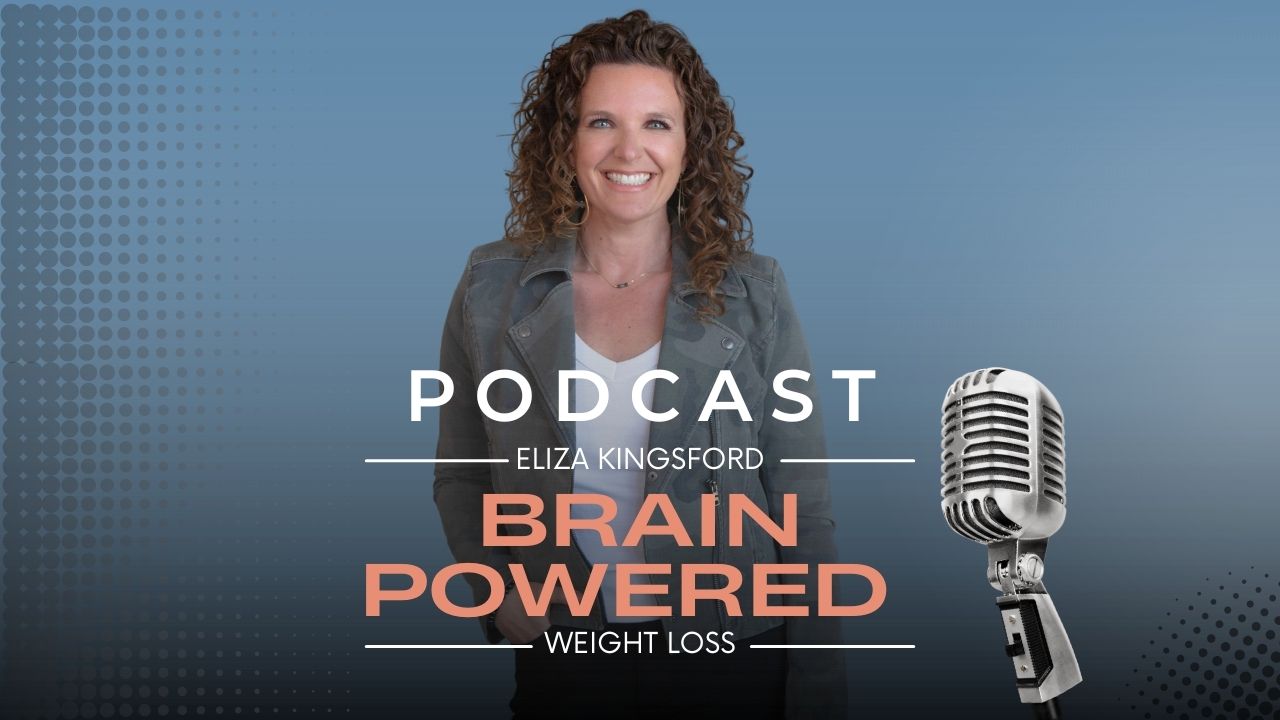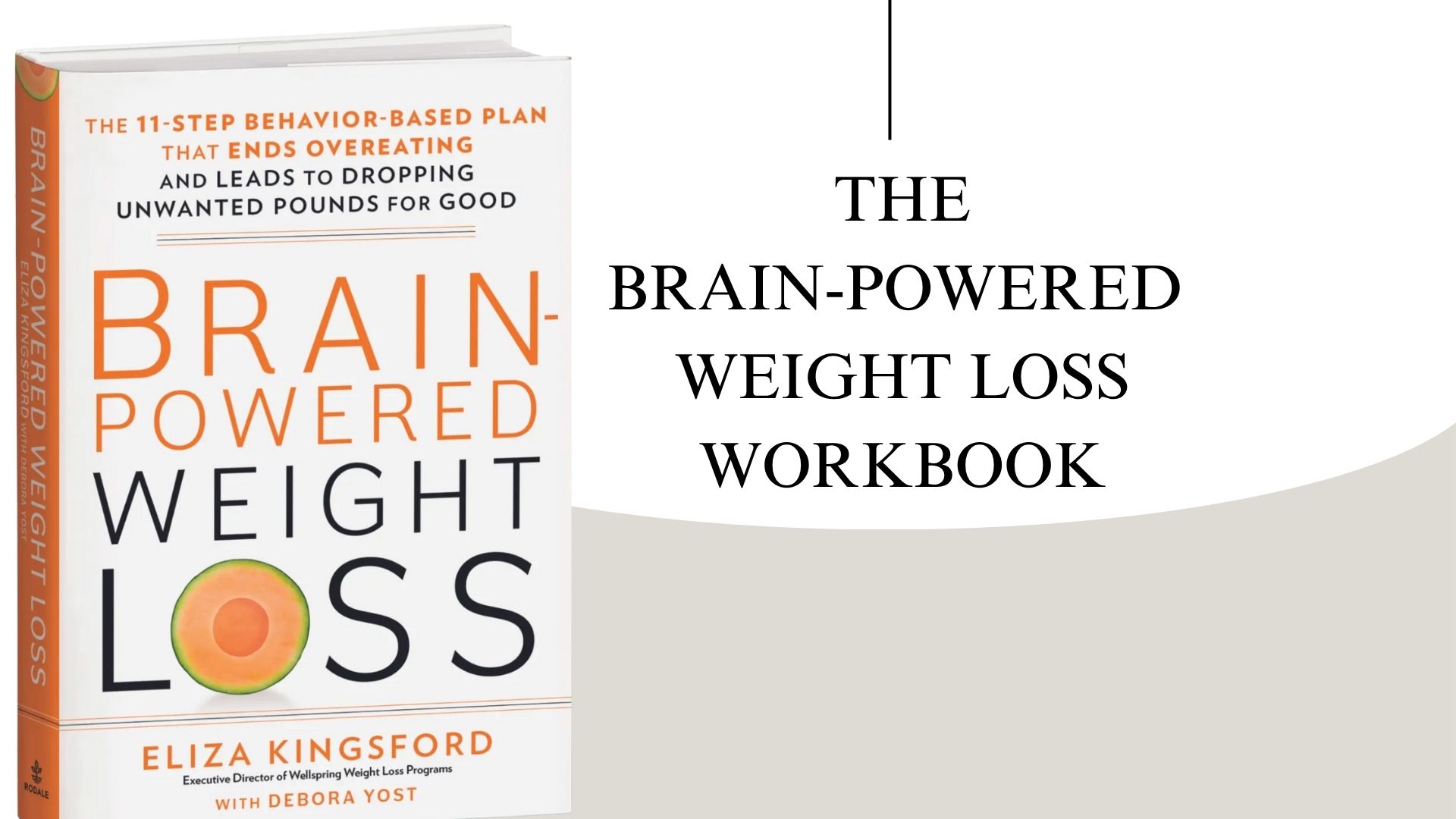
3-Part Series Answering Your Most Commonly Asked Questions Regarding GLP-1 Medications
Dec 05, 2024Part 1: How do GLP-1 medications like Wegovy, Ozempic, and Mounjaro work?
You’d have to be living under a rock to miss the explosion of the newest weight loss drugs, GLP-1 and GIP receptor agonists. If you’re struggling with your weight, it’s likely you’ve thought about taking these medications, have already tried them or will consider taking them at some point due, in part, to billions of marketing dollars being spent on making sure you know about them!
Over the next few weeks, I’m going to be doing a 3-part series, examining GLP-1 receptor agonists; their uses, benefits and risks with the hope of helping you decide whether or not this option is a good one for you.
In today's article (part 1), I’ll talk through how these medications work. Let’s dive in.
Understanding How GLP-1 Agonsists Work
Ozempic, Weygovey, Trulicity, Zepbound, Rybelsus - the list goes on. All of these drugs belong to a class of medications known as GLP-1 receptor agonists, which mimic a hormone in your body called glucagon-like peptide-1 (GLP-1). GLP-1 is a hormone that your small intestine makes.
The GLP-1 hormone plays several roles:
- When you eat, GLP-1 signals insulin to be released from your pancreas. Insulin is essential for helping your body glucose to the cells. Without insulin, glucose (from the food we eat) doesn’t get into our cells to be used for critical functions. As insulin shuttles glucose from our blood stream to our cells to be used for energy, it lowers out blood sugar.
- GLP-1 also blocks glucagon secretion. Glucagon is a hormone your body uses to raise your blood sugar levels when it needs to. In this way, GLP-1 blocking glucagon secretion also helps lower your blood sugar levels.
- GLP-1 slows gut motility, slowing down digestion and gastric emptying. This makes you feel full longer AND reduces glucose in the bloodstream, lowering blood sugar.
- GLP-1 also seem to act on the reward and satiety centers of the brain (more research is being done on exactly what mechanisms). Essentially, they make us less interested in eating and drastically reduce food cravings and preoccupation with food, leading to eating significantly less. Some people are surprised to hear that our bodies actually make GLP-1 on their own.
Many people are surprised to hear that we naturally make GLP-1 on our own. We do, but the effect of our own production of GLP-1 only lasts 1-2 minutes.
So how do the medications work?
GLP-1 agonists work by mimicking our natural hormone. In medication terms, an agonist is a manufactured substance that attaches to a cell receptor and causes the same action as the naturally occurring substance. GLP-1 medications bind to GLP receptors to trigger the effects (or roles) of the GLP-1 hormone. Scientists found a way to extend the effect of the GLP-1 hormone beyond the 1-2 minutes that we naturally produce, and a medication dose currently lasts about one week. The higher the dose of the GLP-1 agonist, the more extreme the effects.
Initially intended for those with Type 2 diabetes because of their effectiveness in balancing blood sugar levels and their impact on insulin sensitivity, doctors quickly realized their off-label potential for weight loss, leading to their widespread popularity today.
If you want the cliff notes version, here it is: The GLP-1 agonists reduce blood sugar levels, slow digestion and significantly reduce appetite, making you feel fuller longer and eat less. This dual action, controlling blood sugar and significantly reducing hunger, is why they have become such a powerful tool for both diabetes management and weight loss.
Understanding how these medications work not only empowers you to make informed decisions but also helps demystify their growing popularity. It’s important to point out that the drugs themselves do NOT make you lose weight. Simply put, they make it much easier to eat less. It is eating less that makes you lose weight. That’s an important distinction!
In part 2 I discuss the risk factors, side effects and unknowns of using these medications, and in part 3 I’ll discuss the benefits and possible pros of taking them. Stay tuned!
Want to learn more? Click Here and I'll send you my Ultimate Guide To Navigating GLP-1 Medications for Weight Loss.
What’s Next
If this message resonates, if you’ve realized your weight struggle runs deeper than diets—it’s time to heal what’s really underneath. I want to personally invite you to watch the Master Your Weight Loss Workshop for yourself - free!
This isn’t another plan. It’s a shift in identity. And for thousands of women, it’s the beginning of freedom.
👉 You can watch by clicking this link here
🎧 Want More Like This?
If you're ready to go deeper into behavior change, emotional regulation, and sustainable weight loss, don’t miss The Brain Powered Weight Loss Podcast, hosted by me - Eliza Kingsford.
Each episode breaks down the neuroscience behind food patterns, cravings, and mindset shifts — so you can finally understand why you get stuck, and what to do about it.
Click here to start listening now
💬 Let’s Keep the Conversation Going
If something in this post resonated with you, you're not alone — and you don’t have to figure it out alone either.
As a licensed psychotherapist, behavior change specialist, and expert in the neuroscience of lasting transformation. I've helped thousands of people, regulate their nervous systems, and finally gain control over food and their bodies — not through willpower, but through proven, science-backed methods - offering a path to sustainable change that actually works - not just for your body, but for your whole self.
👉 Ready for deeper support? I welcome hearing from you. Send me an email: [email protected].
And if you're looking for a safe place to heal your relationship with food, body, and self — you're in the right place. I'm so glad you’re here.


